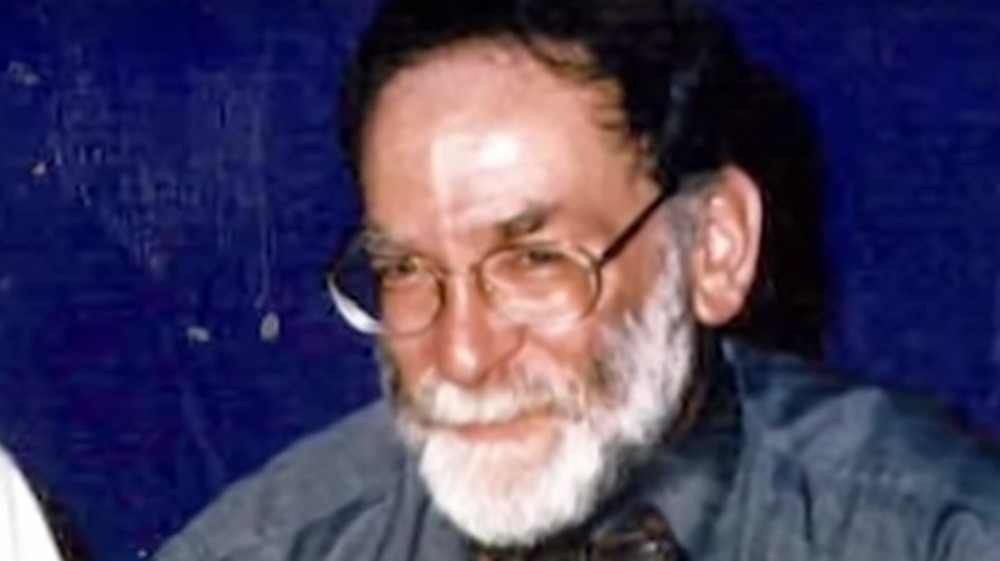The Surprising Truth About Killer Harold Shipman's Childhood
A part of the fascination with serial killers is the idea — or more accurately, fear — of dark figures lurking underneath the personalities of apparently normal people. British serial killer Harold Shipman is one such example of this. On the surface, he was a respected doctor who graduated from Leeds School of Medicine after receiving a scholarship for his education. But unseen for years was his dark pastime as one of the most prolific serial killers ever known, all while maintaining his professional façade.
Throughout his career in Hyde, a town in Greater Manchester, England, Shipman abused his authority as a medical professional to take the lives of his patients with a lethal dose of the diamorphine, a painkiller sometimes used to ease the pain of late-stage diseases, that he obtained through forged prescriptions. Although he was caught and eventually charged with 15 counts of murder, Murderpedia claimed that his total body count is as high as 218.
Shipman had a close relationship with his mother
Although Shipman's mother passed away from cancer when he was 17 years old, her death appeared to have a profound effect on his later years and the twisted journey that defined them. In particular, Biography claimed that Shipman was captivated by the way that morphine was able to ease his mother's pain. Notably, Shipman's victims were often older women like his mother, who herself was treated with morphine by a home doctor. But unlike Shipman's mother, his victims were often healthy until their encounter with the doctor-turned-murderer. According to Britannica, some speculated that the terror Shipman wreaked was part of a plan to avenge his mother's death.
Alternative theories point toward Shipman's personality profile for his motivations. Per Biography, Shipman was allegedly his mother's favorite child. Due to her domineering nature, he is believed to have developed a sense of superiority over others. Some theories were formed with this profile in mind — one suggested that Shipman took pleasure in the power he had over his patients, while another posited that he was engaged in a plan to euthanize the world's older population.

